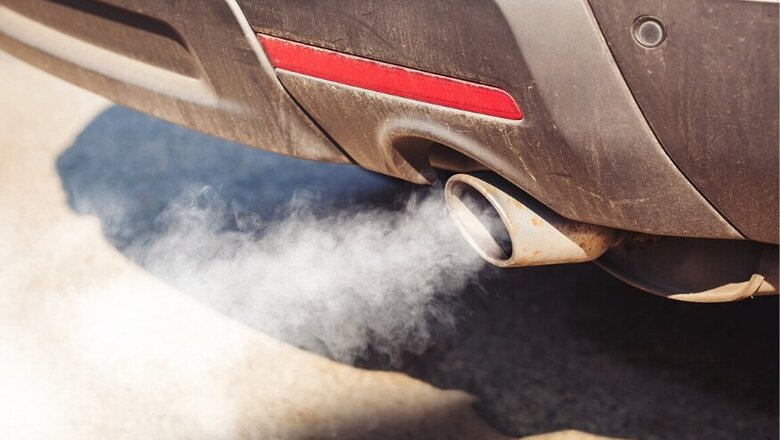
views
The global auto industry, including that of India, is going through a massive slump. Last year, many manufacturers India reported sales decline as high as 40 percent. Global markets like China and Germany also posted negative growth. There’s no single factor contributing to these negative numbers. Factors like the BS-VI emission norms and overall market degrowth resulted in the slump in the markets like India.
However, among the dipping numbers, one body type proved to be an anomaly. While hatchback and sedan sales declined, both in India and overseas, SUV sales have broken all the records. Right from small SUVs to a new segment called mid-SUV, big cars were preferred by everyone.
This has left the industry on a collision course with government efforts to tackle global warming despite big investments in electric vehicles. As per a report of IEA, SUVs are offsetting the benefits from EVs. "Consumer preferences for SUVs could offset the benefits from electric cars," the International Energy Agency (IEA) warned in its November World Energy Outlook 2019 report.
As per a report on Reuters, the emissions from SUVs grow by nearly 0.55 gigatons of carbon dioxide (CO2) during the last decade to roughly 0.7 gigatons. As a result, SUVs were the second-largest contributor to the increase in global CO2 emissions since 2010 after the power sector - ahead of heavy industry including iron and steel, cement, aluminium, as well as trucks and aviation, it said.
There are now more than 200 million SUVs around the world, up from about 35 million in 2010, accounting for 60% of the increase in the global car fleet since 2010, IEA data shows. "If the popularity of SUVs continues to rise in line with recent trends, this could add another 2 million barrels per day to our projection for 2040 oil demand," it said.
To tackle the demand for SUVs and to save the environment, carmakers are now integrating hybrid technology or electric technology with big cars. The German carmakers say their vehicles are among the most fuel-efficient available, thanks to hybrid and other technologies.
Both BMW and Mercedes-owner Daimler say they aim to achieve new sales records this year, and are preparing to launch fully electric SUVs - the BMW iX3 and Mercedes-Benz EQC - which they say shows a commitment to a cleaner future.
European Union lawmakers agreed in December 2018 that automakers had to cut CO2 emissions from cars by 37.5% by 2030 from 2021 levels, in addition to a 40% cut between 2007 and 2021, or face fines.
In India, carmakers like MG, Hyundai, and Tata are launching SUVs with the fully electric powertrain to cash in the demand for the body type and help save the environment.
Globally, BMW plans to launch 25 hybrid and electric cars by 2023, with more than 12 models being fully electric versions. By 2025, half of all its cars are expected to be hybrid or electric vehicles. Mercedes expects half of its sales to be hybrid or electric by 2030, with Europe reaching the 50% mark in 2025.
With Inputs from Reuters


















Comments
0 comment